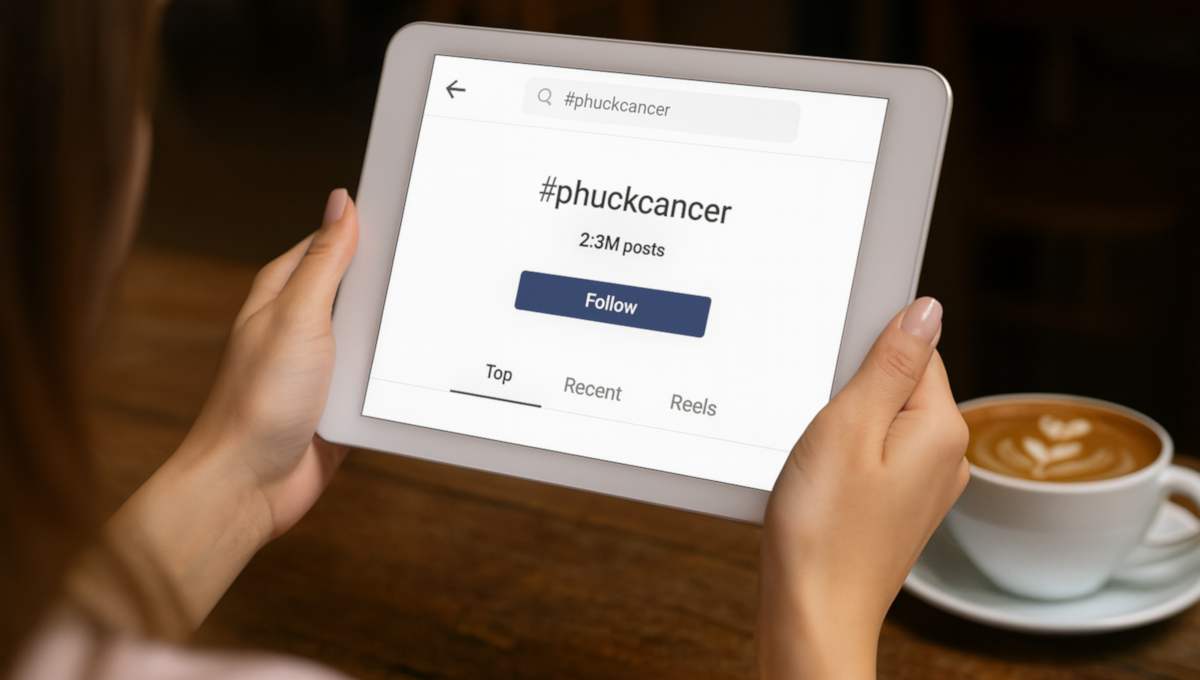When cancer touches your life, whether you are fighting, supporting a loved one, or navigating loss, it can feel like the ground disappears beneath you. In those moments, finding a community that understands is more than comfort. It is survival.
Social media is not just a distraction. It can be a lifeline. Across platforms like Facebook, Instagram, X, and TikTok, thousands of communities exist where people share their experiences, victories, setbacks, and raw emotions. In these spaces, strangers become friends, and friends become family.
Why Social Media Support Matters
- Shared Experience: No one understands the sleepless nights, the scanxiety, or the whirlwind of emotions like those who have been there.
- Real-Time Encouragement: A post made in the middle of the night can still get a response from someone across the globe.
- Access to Resources: Many support groups share articles, treatment tips, and mental health resources you may never find otherwise.
Finding Support on X
If you are on X (formerly Twitter), you can use the search page at https://x.com/explore to find posts and communities by hashtag. Try searching tags like #fuckcancer, #fcancer, #phuckcancer, #thankscancer, #cancersupport, and #cancersurvivor. These hashtags can connect you to both personal stories and large networks of people who understand exactly what you are going through.
Finding Support on Facebook
Facebook has thousands of public and private support groups, as well as pages run by reputable organizations. A few examples include:
- CancerCare – https://www.facebook.com/cancercare/
- Ovarian Cancer Research Alliance OCRA – https://www.facebook.com/OCRAHOPE/
For group-based communities, you can explore spaces like:
- Cancer Support Group for Patients and Their Families – https://www.facebook.com/groups/cancerssuck/
You can search for more by visiting https://www.facebook.com/groups/feed/ and entering keywords related to your situation. For example, use terms like “breast cancer survivors,” “pancreatic cancer caregivers,” or “leukemia support” to find disease-specific communities. Many groups have clear descriptions so you can quickly see if they are the right fit.
Not Every Group is for You
Not every space will be the right fit. Some groups may have a tone or culture that does not work for you, and that is okay. Trust your instincts and move toward spaces that feel safe, respectful, and uplifting.

